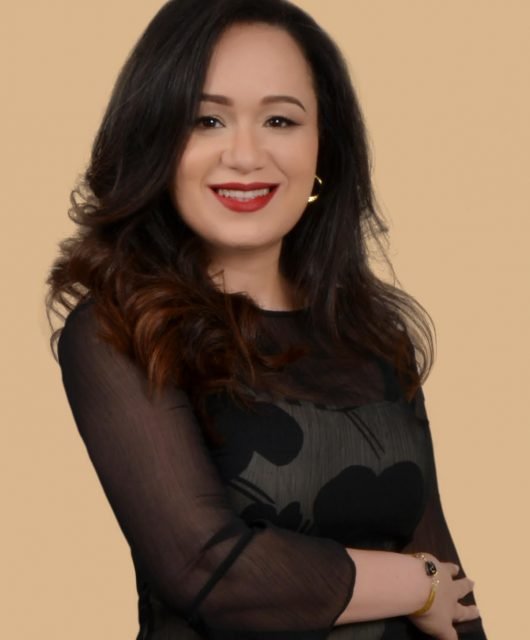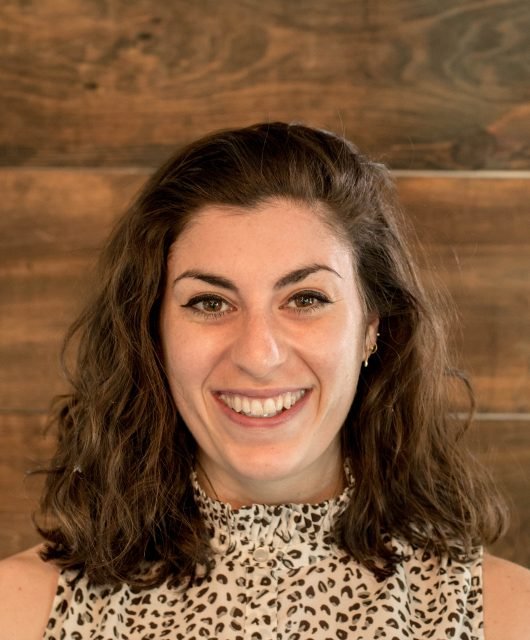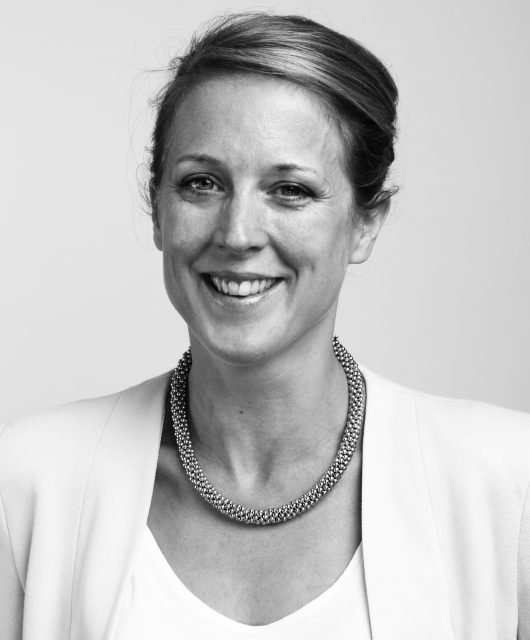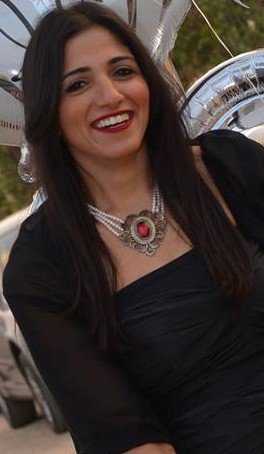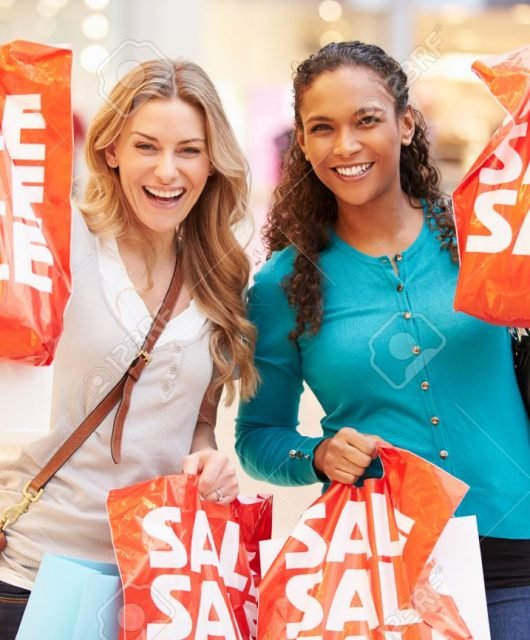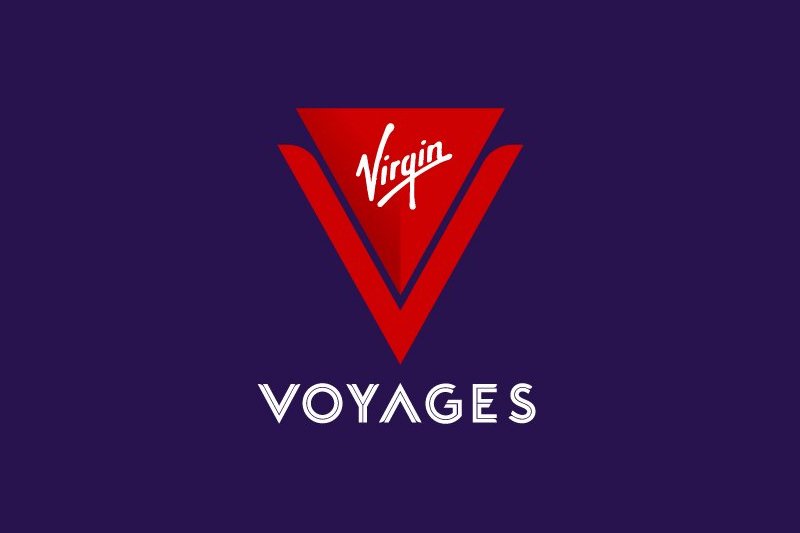
A brilliant name is one of the core differentiators of a brand. It helps to build awareness and convey meaning and sets the stage for the brand. This becomes indisputable when you read the lists of the Top 100 brands. You see names that immediately provoke meaning and trust: Google, VISA, Coca-Cola, Facebook, Amazon.com, Disney, Starbucks, Subway, FedEx, Red Bull, Twitter, and Shell. The Berries interviewed Anthony Shore, Chief Operative at Operative words, to know the techniques of brand naming.

BB: How does crafting a powerful brand name and tagline help in elevating a brand’s position ?
AS: A name or tagline is typically capable of expressing one or two ideas. By expressing the right ideas, and coupling those ideas with appropriate products, service, imagery and messaging, a brand’s position may be elevated.

BB:Can a powerful brand name create strong emotional connections, nurture brand affinity and yield ROI ?
AS: Yes, but a name alone won’t do this. If a name is based on a familiar word or two, it can make an immediate emotional connection. That emotional connection may grow stronger or weaker over time based on a person’s interaction with that name (i.e. with the company or product that has that name). Affinity and loyalty, those will also increase or decrease based on factors outside the name itself. So a name may impel initial trial (“oh, that sounds interesting!”), but it’s up to the product or service itself if that trial customer is to become a repeat customer.
A name may influence initial appeal if the word triggers positive associations. So if a food name sounds tasty, we are predisposed to finding that the product is indeed tasty. The same product with an unappetizing name would be more disliked upon tasting. A rose by any other name would not smell as sweet. Names prime us. Names set expectations.
Good names lend themselves to good marketing communications and merchandising. Through them, repeat business and ROI is fostered.

BB: As a naming expert who has worked with global clients, how can you come up with names that resonate with the global audience and appeal to multicultural consumers ?
AS: I consider several factors when developing a global brand name. First, if people don’t know the word they will learn it. For example, many people now know that Google is based on an obscure mathematical term.
Second, it’s ok that people pronounce the name differently around the world. There are only a handful of sounds shared by the worlds languages, and those sounds that aren’t shared are modified to fit the language’s phonology. For example, Target would be pronounced “Ta-get” by many non- English speakers. That’s ok.
It is best to avoid words that have too many consonant clusters when developing a global brand name. For example, the English word “strengths” would be hard to pronounce for literally billions of people.
As a source for global names, there is English, which is something of the world’s lingua franca. So one could base global names upon English, especially simple, well-known words. Then there are names based on classical, Indo-European languages, especially Latin and Greek. The Romance languages, such as French, Spanish, Italian, etc., share Latin-derived “cognates” or similar words, so a root in Latin lives on in many current languages spoken by hundreds of millions of speakers. For example, Latin duo, French deux, Spanish dos. Scientific nomenclature relies on Latin and Greek, so roots from Greek may also be familiar to a global, scientifically-literate audience.
When developing names for a global audience, it’s helpful to draw on universally-relevant ideas. So a name that suggests “happy” will be more relevant to a global audience than one suggesting “Sycamore” (a type of tree).

BB: Should a brand name engage or explain?
AS: That’s a leading question. A brand name, by its nature, must engage people. However a non-brand name may have a different role, such as explaining or describing.
Once a name attracts attention, it’s easy for messaging to explain what the product or company does. On the other hand, a name that only explains (that is, is descriptive) will likely be uninteresting, undifferentiated, and limiting over time. Such names, I believe, may be short-sighted unless it’s intentionally descriptive within a “branded house” system.Make your brand name interesting and leave it up to a tagline or messaging or imagery to do the explaining.
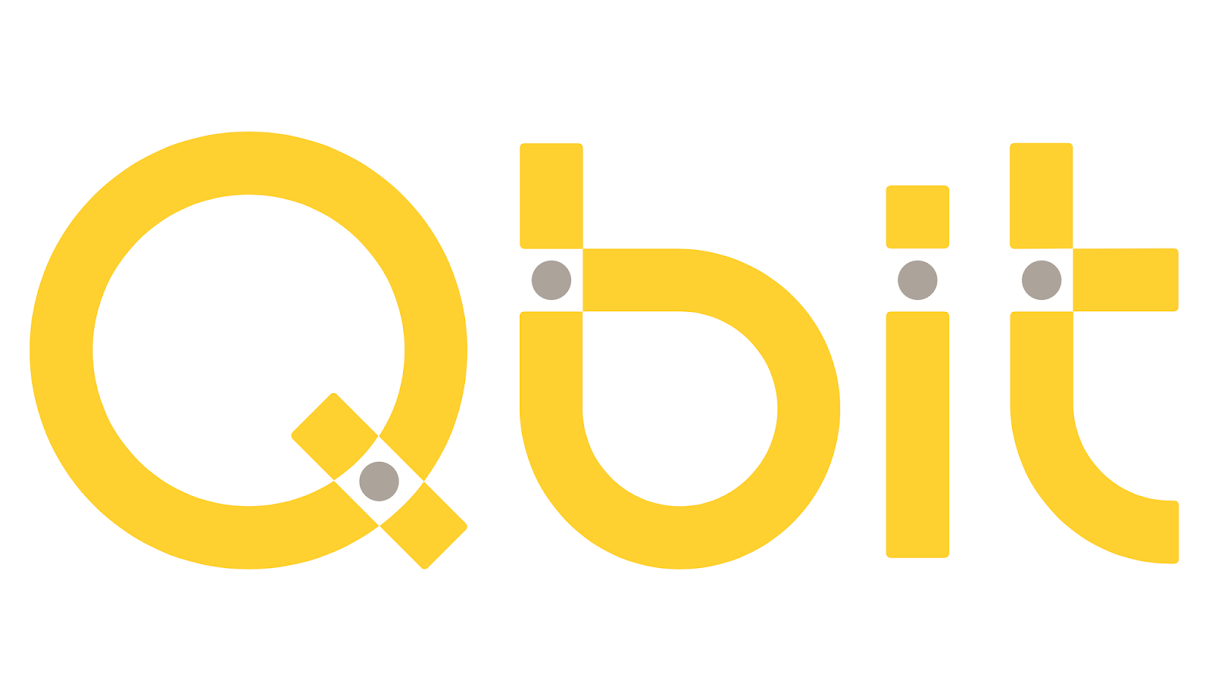
BB: Why some startup names flop and others breakthrough ?
AS: A startup name is as good as the company or their product. People will overlook a bad name if the product is good. For example, both Flickr and Yelp are actually negative words. But because people like their products (or did at one time), they overlook the fact that “flicker” indicates poor image quality and “yelp” is the cry of an animal in pain.
A good name can help for sure, but if the product is bad, the name won’t salvage it.That said, if you have the choice between going to market with a good name or a bad one, why would you choose the latter?

BB: How Does the techniques in choosing a name differ from a brand house vs a house of brands? In other words, brand naming vs product naming?
AS: In a branded house, where one brand name is used for all products, the brand name must stand for a big concept. It must be flexible to fit with all of the products that will share its name. In this scenario, product names may be generic and descriptive, or they may be suggestive of product qualities or benefits.
In a house of brands, where each product (or product family) is given its own, unique name, then each product name should reflect the attributes of the product or its benefits.Product names should help people choose the specific product that’s right for them. If there are many products in the same product family, the naming system should reflect the criteria customers’ use when choosing, in addition to accounting for industry-standard practices.
In the end, every name has a job to do. Is it to engage people? To inspire? To describe? Knowing that leads to developing and choosing the right name for the job.
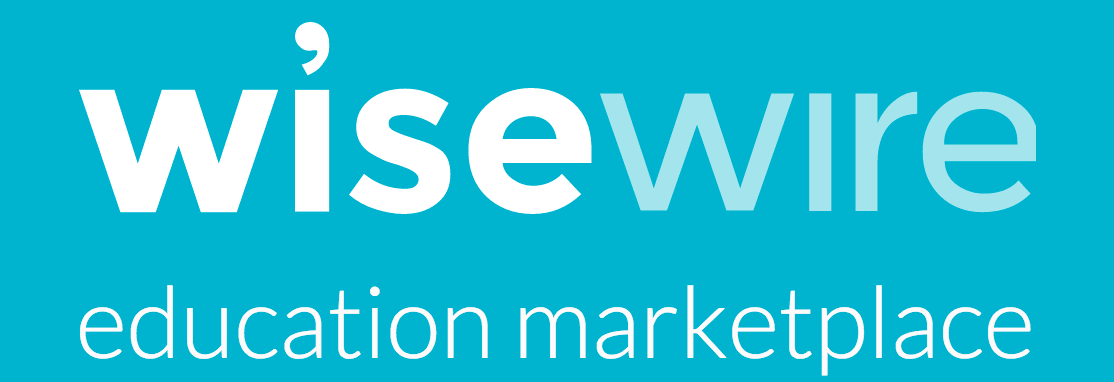
BB: Is there any brands in the MEA region whose name/ slogan you find compelling?
AS: Not in particular. I do appreciate Egypt’s tourism slogan, Where It All Begins.Slogans are considered the second most noticeable element of the brand. How can a strategic, concise and unique word choice of the slogan strengthen brands ? A slogan may reinforce a name, or it may introduce other, relevant information. Either way, when done well a slogan fosters understanding of the brand.
 BB: What is your methodology in crafting names and taglines?
BB: What is your methodology in crafting names and taglines?
AS: I create names using a combination of free-form thinking and exposure to massive amounts of words. There are websites I use, like Sketch Engine, OneLook, Wordnik, RhymeZone, plus other resources.
Taglines and slogan development starts with a key, strategic message, and from there I identify new ways to approach or articulate the message. Inspiration is sometimes found by modifying existing known expressions or idioms. Using poetic techniques, like rhyming, alliteration, assonance, and attention to meter, lead to creating taglines that are appealing and credible. Creativity is important, too. It’s not an either-or situation. Naming is both an art and a science.
 BB: Can you talk to us about the experience of creating an agency that is specialized in one element of branding: The naming. How do clients view strategic name development agencies?
BB: Can you talk to us about the experience of creating an agency that is specialized in one element of branding: The naming. How do clients view strategic name development agencies?
AS: I have been very fortunate in creating my agency, Operative Words. Unburdened by the meetings and other inwardly-focused requirements at a large agency, my small agency focuses exclusively on thinking about names, innovating name development techniques, and attending directly to clients. I am able to invest much more time on each and every project versus what I could do at a large agency. I am also fortunate in the clients I work with. They recognize that naming should be approached strategically, that naming is a specialty, and they value the counsel that comes from decades of experience.
 BB: With the rise of the glocals, when choosing a name and slogan how can companies blend their own cultural authenticity while remaining at par with the international trends and taste?
BB: With the rise of the glocals, when choosing a name and slogan how can companies blend their own cultural authenticity while remaining at par with the international trends and taste?
AS: If you develop an authentic, locally-inspired name with a good story behind it, so long as it’s pronounceable by other speakers, the name should be fine. As I’ve said, a name never lives alone. The logo, look and feel system, and messaging must also be authentic and considerate of key audiences no matter where they are.

